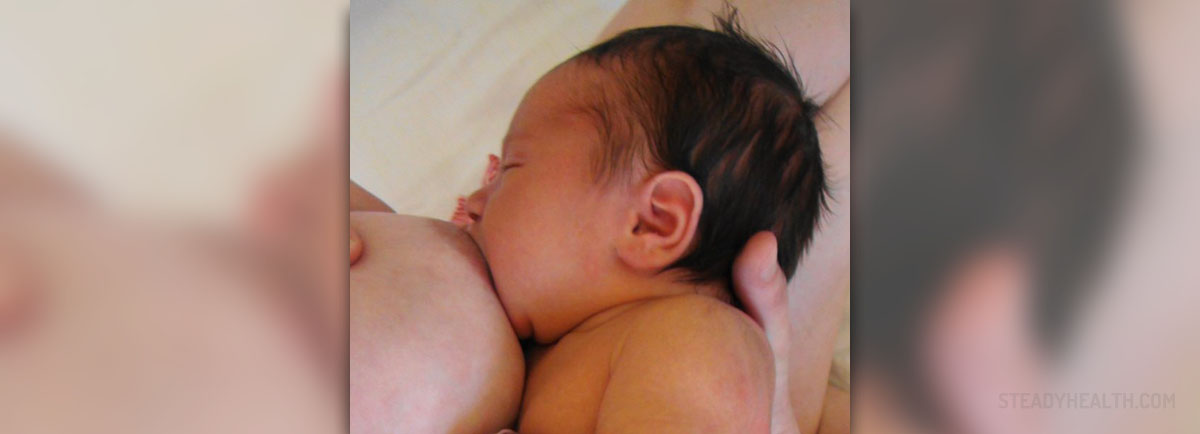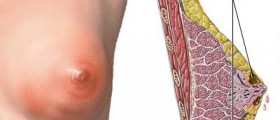
Engorged breasts are a sign that you have an abundance of breast milk, which is certainly positive news! The most effective way to gain relief is to nurse your baby. Make sure that you offer both sides during the same feeding. Whenever your breasts feel heavy, offer them to your baby for a feeding. Unlike infant formula, there is no need at all to watch the clock when you are breastfeeding a newborn, or to introduce a schedule.
Breastfeeding on demand is especially important in the first six months, if you are exclusively breastfeeding. Another way to make your breasts feel better is to gently massage them after a feeding, or while you are in the shower. Sometimes, you may want to express a little milk even after a feeding although remember that principle of supply and demand. It means that the more milk you expel, the more your body will make.
The tip that is sometimes giving, pumping to relieve engorgement, may prove to be counterproductive in the long run. Some women like placing a leaf of cabbage in their bra or putting a frozen breast pad on their sore breasts. This makes your breasts feel more comfortable, but it does not address the amount of milk you make. Generally, your breast milk supply will be in line with the amount of milk your baby needs after a few weeks. If you continue to have issues, you may like to talk to a lactation consultant.
















Your thoughts on this
Loading...